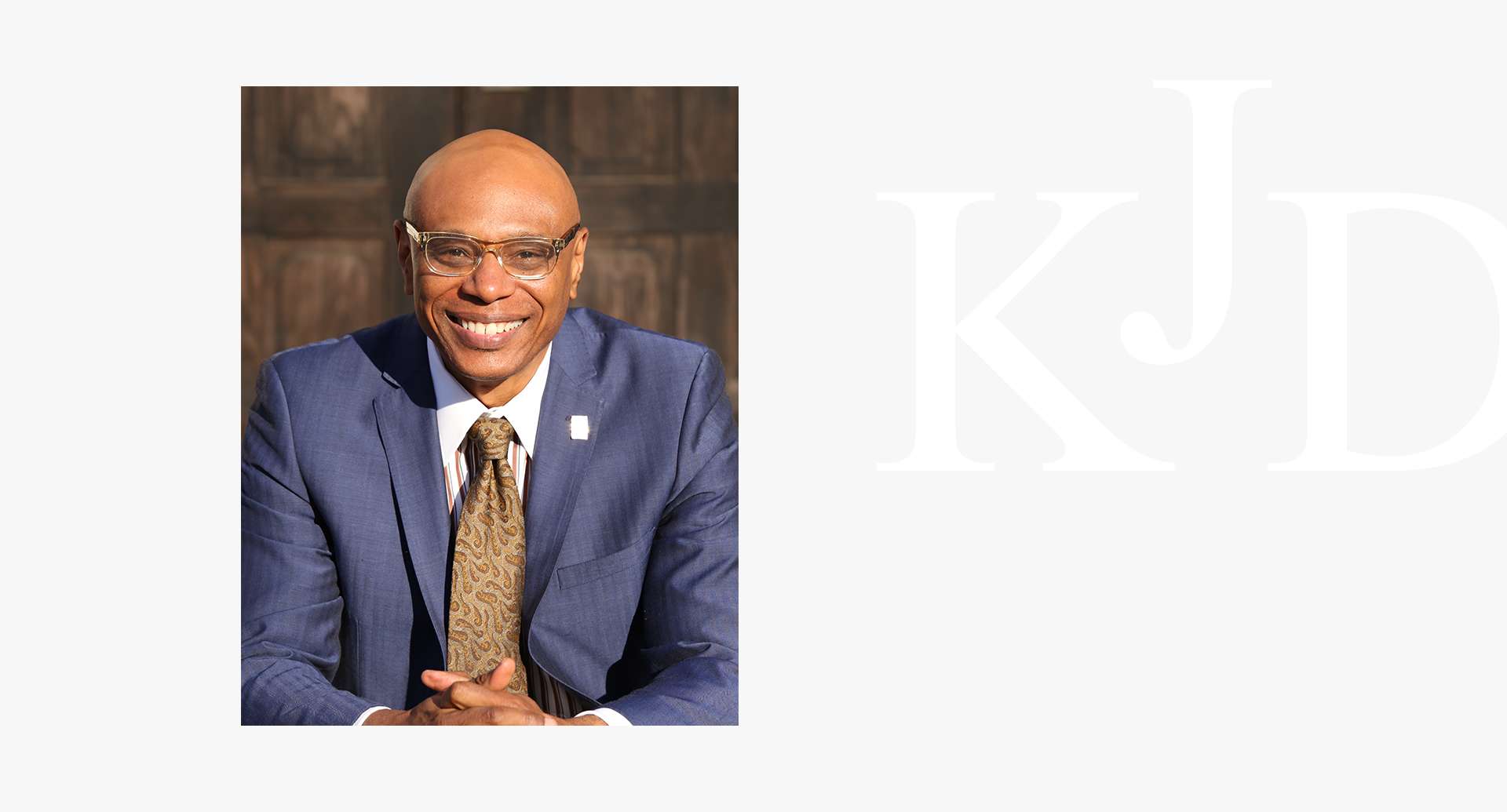While there were fewer than 11,000 notices of intent to file for foreclosure sent to Maryland residents in all of November 2010, the Baltimore sun reported on November 18, 2011, that more than 18,000 Maryland homeowners have now received formal warnings this month that a foreclosure case could be filed against them in as little as 45 days. Maryland regulators told the Sun that they believe the sharp increase is “a sign that some of the backlog created when revelations of robo-signing ground the foreclosure apparatus to a crawl could be starting to hit now.”
As the Northwest Chicago bankruptcy firm of U.S. Law Attorneys, Ltd. pointed out in discussing the topic last month, robo-signing led to foreclosures being “illegally filed against homeowners who were protected by bankruptcy, homeowners who were in the midst of refinancing or modifying the loans, or even against soldiers who were overseas at the time.” An investigation by KLAS-TV in Las Vegas, where foreclosures have been rampant, found that one title company was filing 400 robo-signed foreclosures a day for four years. In October 2010, the Associated Press reported that some robo-signers signed as many as 10,000 affidavits a month.
Robo–signing involves a bank employee signing thousands of documents and affidavits without verifying the information, and foreclosure action in many states came to a halt after the practice was first exposed. The federal government and state attorneys general have been working with banks for months to arrive at a settlement, but now it appears more people will be needing foreclosure help again as the backlogs from the robo-signing scandal ease up.
The New York Times reported in October that a possible settlement as high as $25 billion could give $1,500 to any borrower who lost a home to foreclosure since September 2008. While the Times noted that the amount would be a “windfall” for people whose foreclosure was done properly, it would be “pathetic” for those wrongfully evicted. What do you think? Should the banks have to pay more, or does a $25 billion resolution sound satisfactory to you?
Law Firm of Kevin D. Judd – Maryland bankruptcy lawyer


